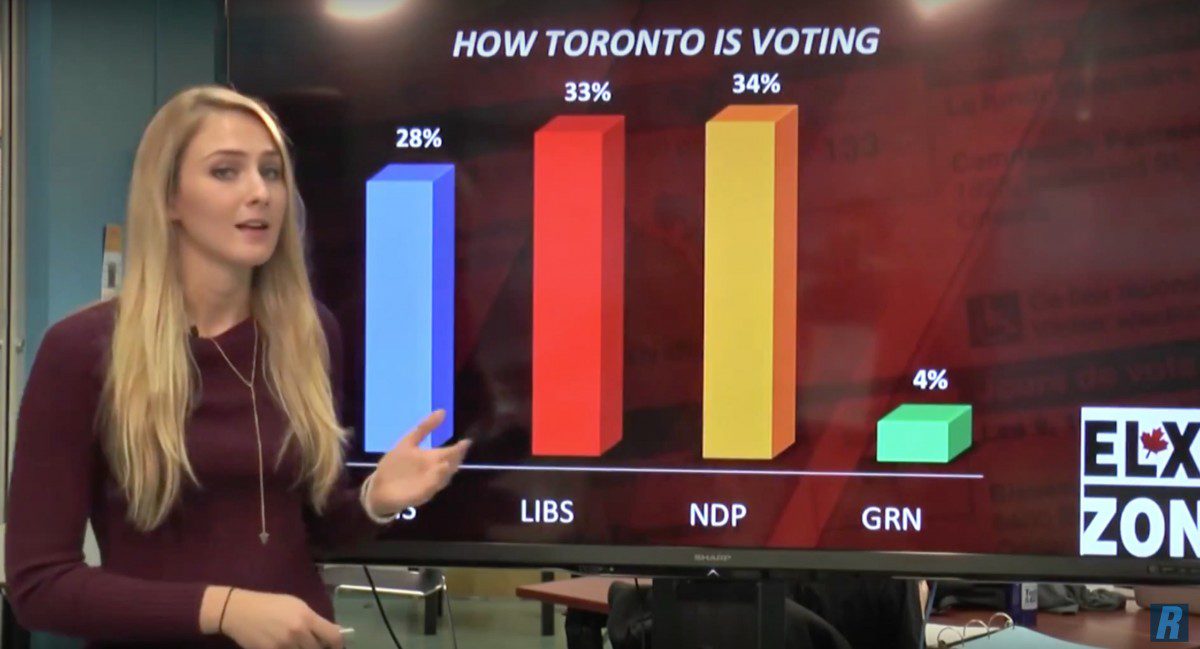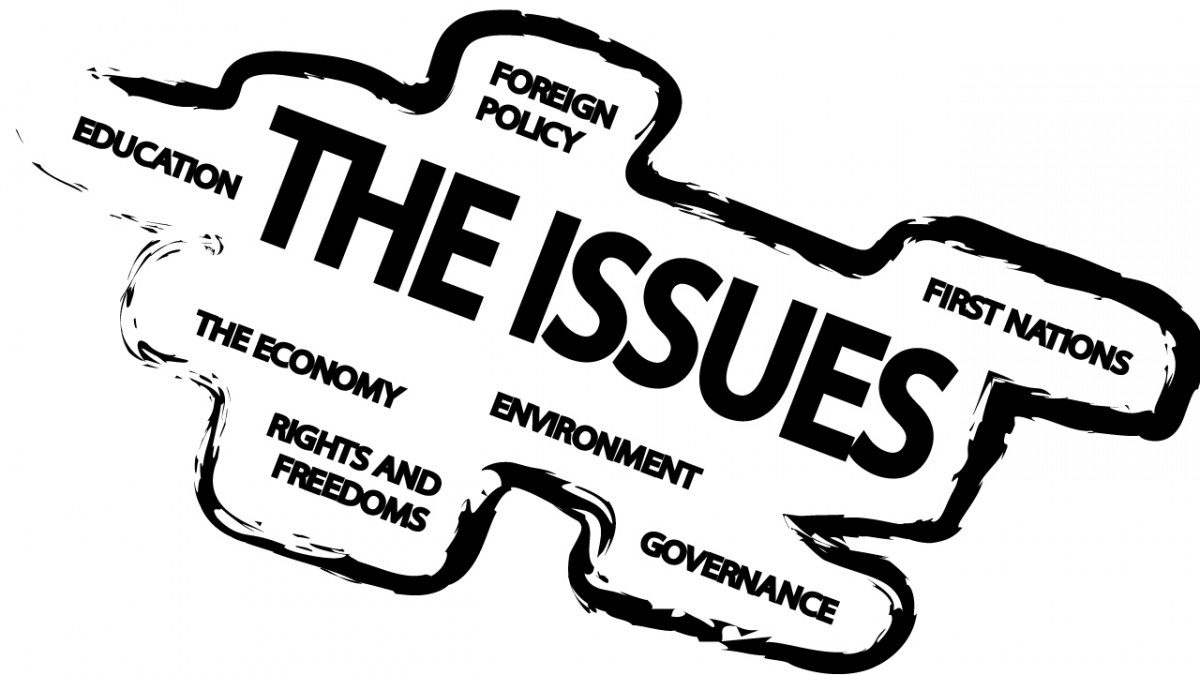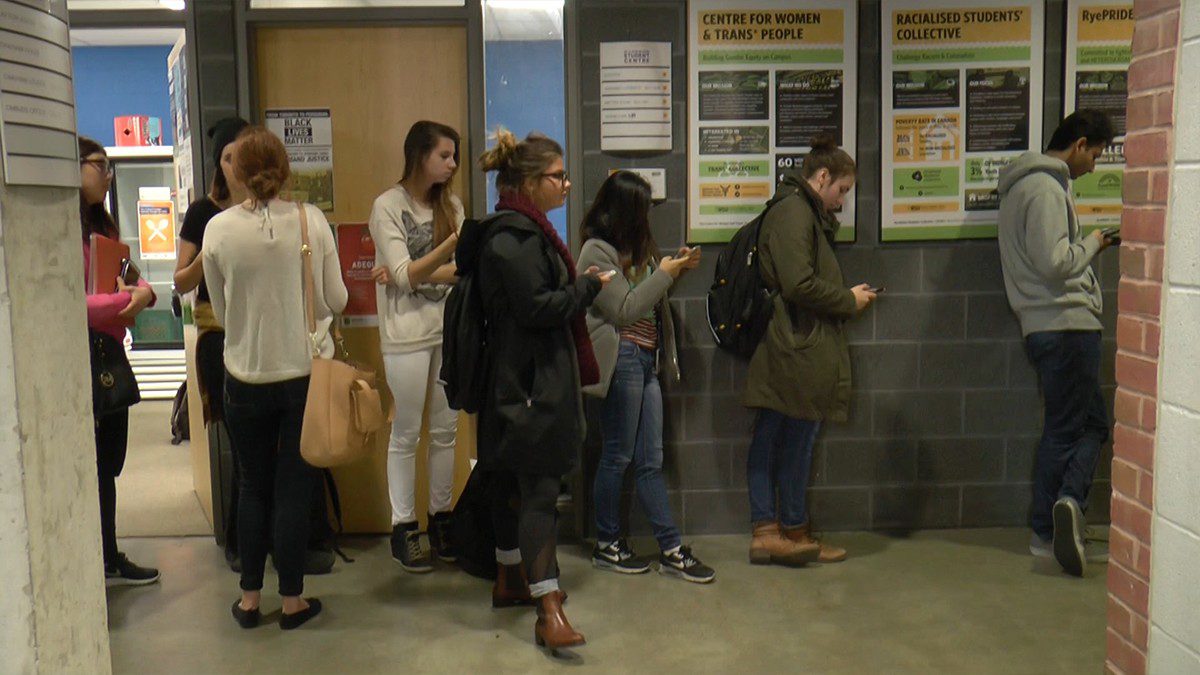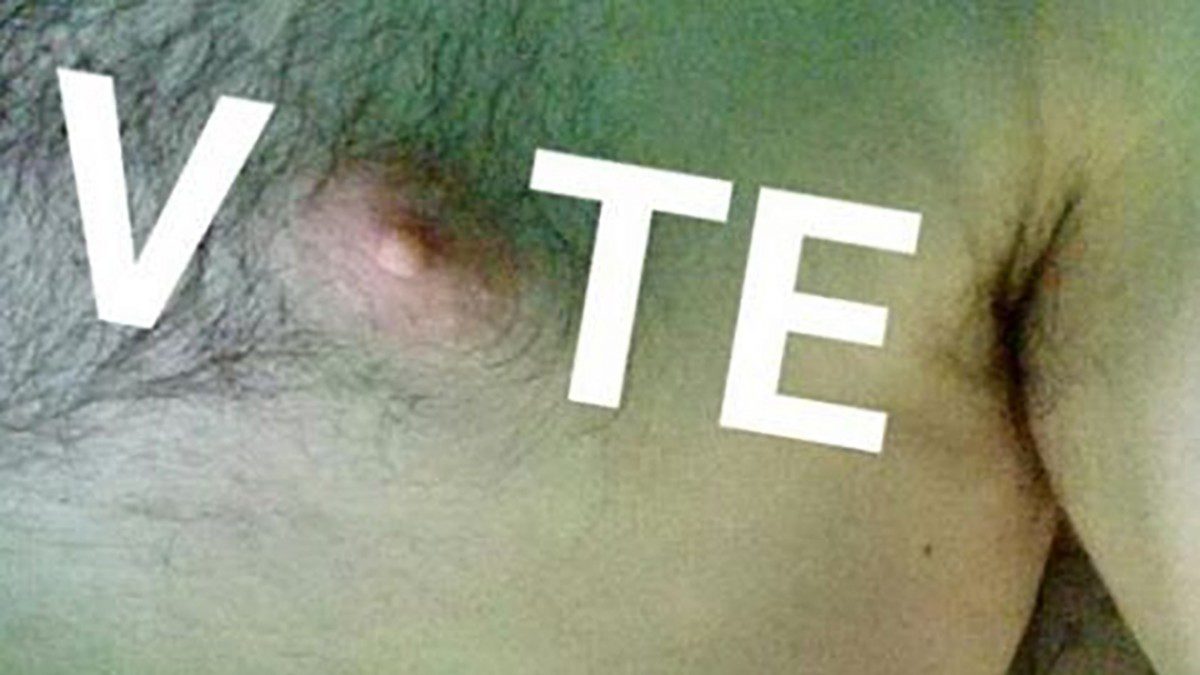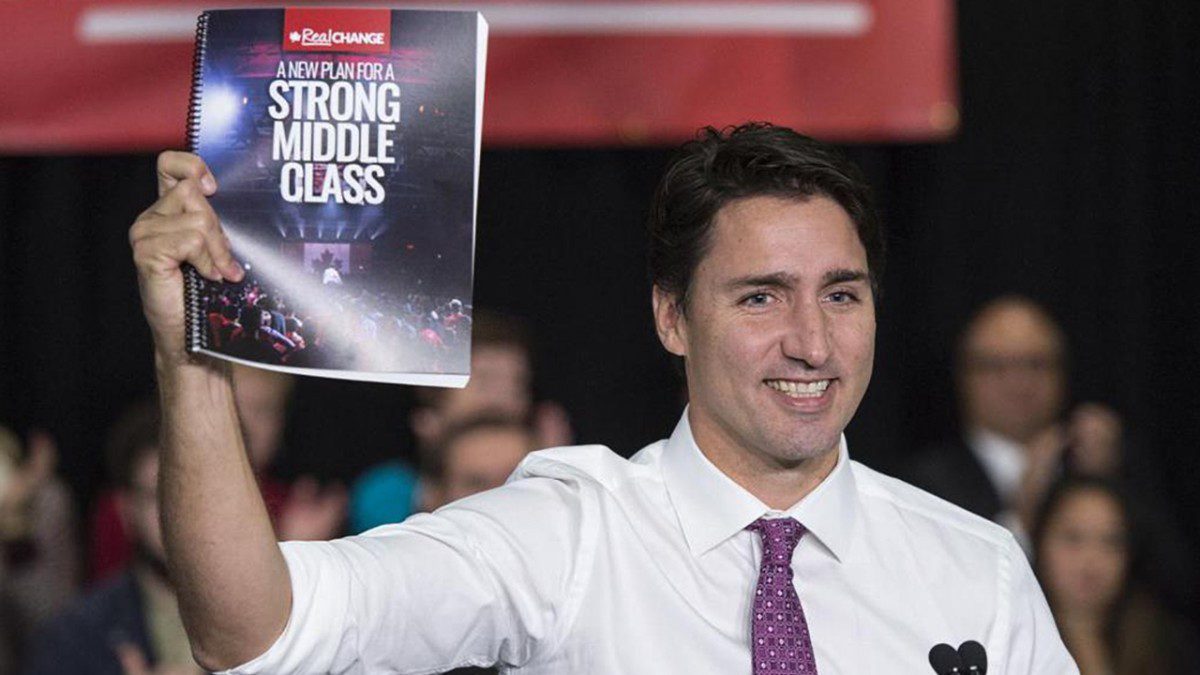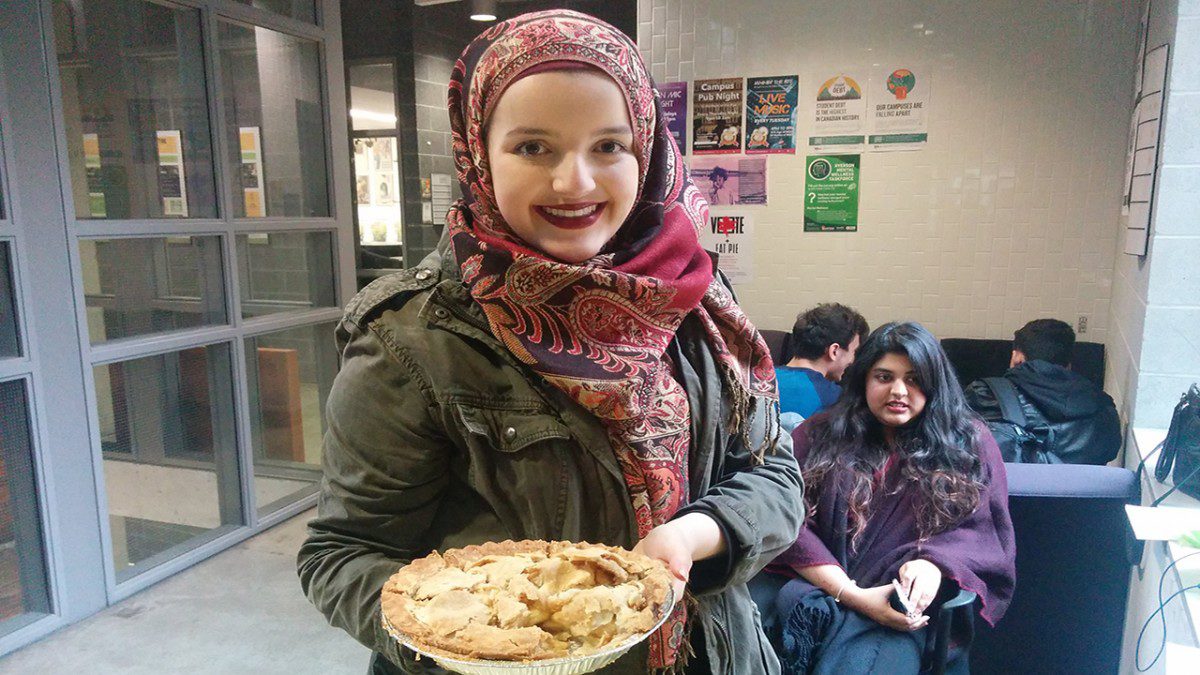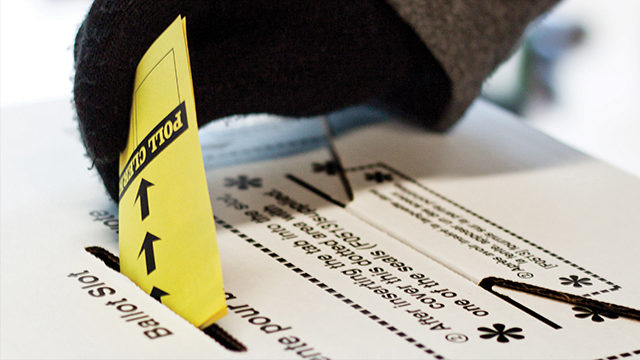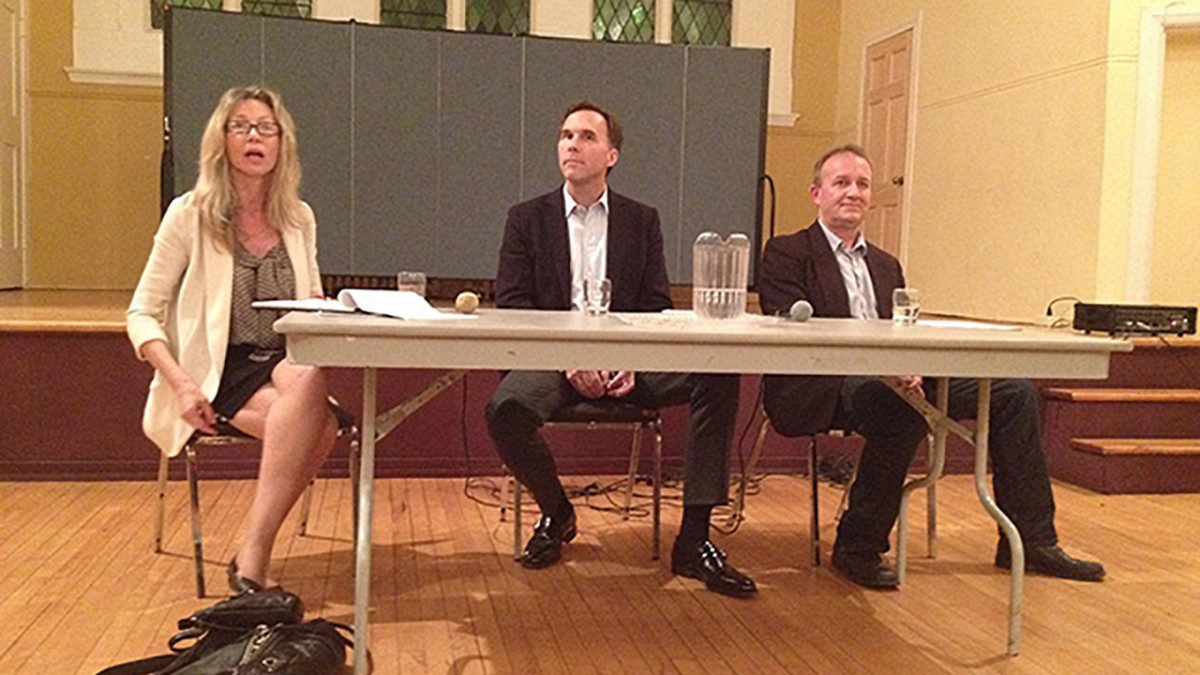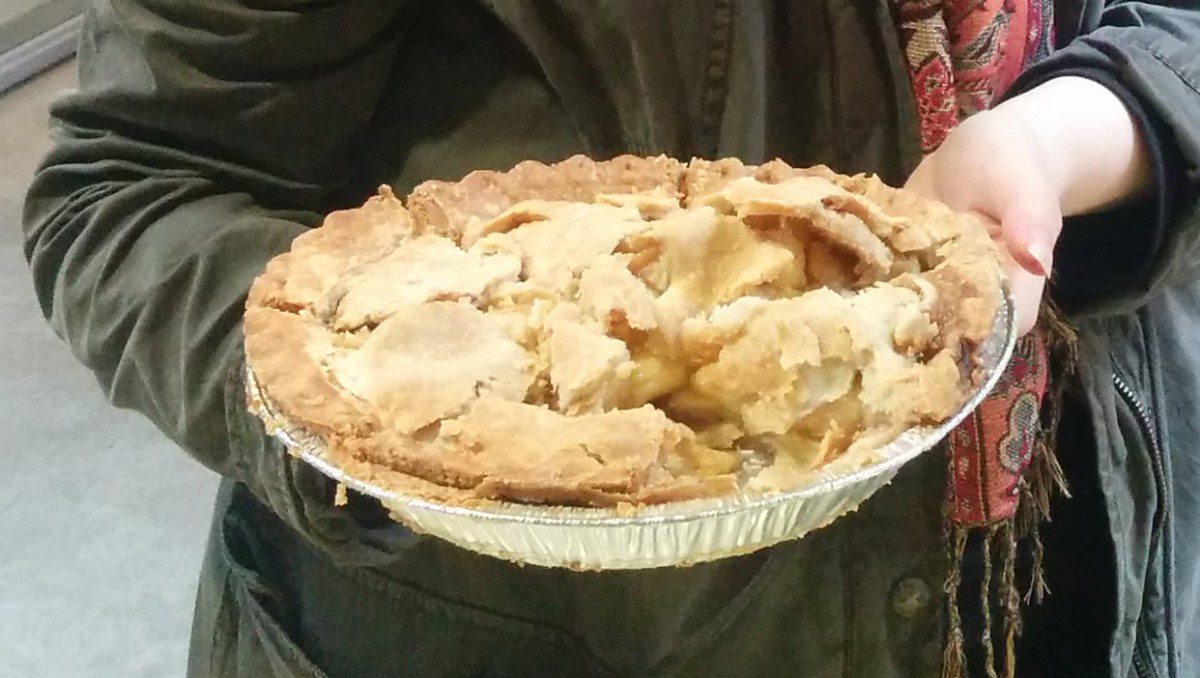
Breaking Election Law: Easy as Pie
By Kira Wakeam
The RSU’s recent on-campus voting initiative may have violated elections law by rewarding voters with a sweet treat.
“Anytime that something tangible is offered in exchange for a vote of any kind, there is the possibility has violated Section 481.1 of the elections act,” says Dugald Maudsley, a spokesperson for Elections Canada.
Section 481.1 of the Canada Elections Act states that “every person is guilty of an offence who, during an election period, directly or indirectly offers a bribe to influence an elector to vote or refrain from voting or to vote or refrain from voting for a particular candidate.” For the most serious violations, an offender could be fined up to $50,000, receive a sentence of up to five years, or both. Even for less serious violations, the maximum penalties are a $20,000 fine, one year in jail, or both.
According to Maudsley, the pie giveaway is a clear violation of the act but any complaints about the polling station have to be filed with the Commissioner of Canada Elections.
“The decision of whether or not this violates the act is entirely up to the commissioner,” says Maudsley.
The Ryerson Students’ Union handed out pie to those who voted at the advance polls Oct. 5-8. The polling station was one of several set up on Canadian campuses as part of an agreement between student unions and Elections Canada, according to an RSU spokesman.
The RSU’s vice-president of education, Cormac McGee, says that when he and other members of the student union came up with the idea as a way to encourage students to vote, people mentioned that it might be against the law. But he said he dismissed that concern because he “felt it meant more towards getting people out to vote in general rather than voting for a certain person.”
McGee says neither he nor anyone else at the RSU was warned that the pie giveaway might be breaking election law.
“The Elections Canada person who was running the station said he loved the idea,” McGee says.
“I never got any negative feedback or warnings that it could be an issue,” he says. “They knew what was going on and they never said anything.”
And an elections expert from the University of Manitoba says that even if it did constitute an offence, it would be too minor to lead to legal action.
“They are trying it make a bit more fun around the act of voting,” says Paul Thomas, professor emeritus of political studies at the university and a member of the Elections Canada Advisory Board.
In an interview with The Ryersonian, Thomas said it could be argued that the pie-incentive encouraged voters to come out, after recent changes to voting laws in Canada might have discouraged them. “Because of the changes, some students might have been hard-pressed to find a place where they could vote outside their (home) riding,” he says.
The new rules to which Thomas referred are part of The Fair Elections Act, which came into law in June 2014. One of the most criticized changes in the law was the elimination of “vouching.” That allowed someone who didn’t have proper identification to vote, so long as another elector from the same polling area vouched for his or her identity. The new law also prohibited the use of voter information cards as valid identification.
“Presumably this (the pie give-away) was meant to counter some new discouragement from the new election rules,” said Thomas. “I don’t think you need to worry about Elections Canada police coming to round up students and organizers for this violation.”
Duff Conacher is a co-founder of Democracy Watch and a professor at the University of Ottawa. He says turning a blind eye to these violations can be a slippery slope.
“They bribed people using a piece of pie,” he said. “It may seem nominal, but to someone who is really hungry, a piece of pie is not a nominal incentive.”
“You don’t want to open that door because if you open the door to something small, you open the door to everything and you can’t do that if you want to have a free and fair election.”
Conacher says the law is drafted broadly in order to avoid loopholes at all levels and that an investigation of the polling station could be opened if a complaint is made.
Whether or they are taken to task for the violation, one thing is clear – the pie giveaway was a big success. According to McGee, the advance poll at the student centre saw more than 1,400 voters.
“By the middle of the week we had a higher turnout than all the other Toronto universities, and I’d be surprised if we didn’t end the week that way,” McGee says of the poll’s high turnout numbers. “The guy from Elections Canada told me he thought it was because of the pie.”

